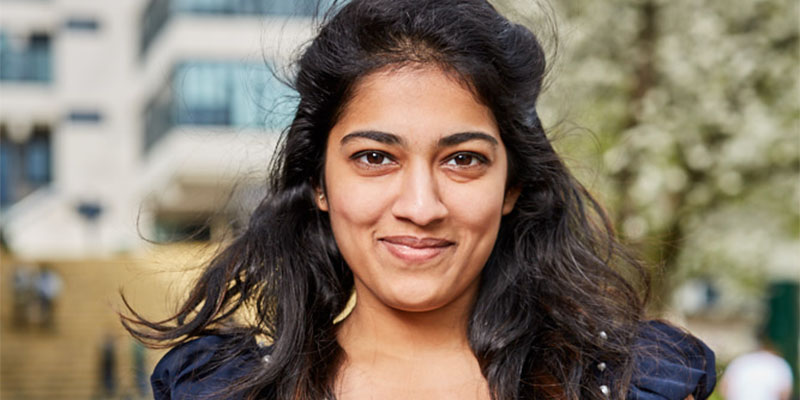Food Waste Living Lab

Food waste is a global challenge and the University of Leeds aims to lead the way in innovative approaches to reducing waste from our catering, cafes and restaurants.
The idea for the Food Waste Living Lab came about through plans for the University to have its own anaerobic digester on-site back in 2014. Sadly, this proved unfeasible in terms of cost and physical space on campus. It has, however, led to a variety of projects, from feasibility studies to trials of innovative new ideas, and from technological solutions to behaviour change programmes.
Reducing Food waste
The first and most important step in solving food waste challenges is avoiding the waste in the first place!
- PhD student Nicholas Davison is currently researching behaviour change in reducing food waste. Nicholas is working with Residential Services to test interventions to reduce food waste generation at Devonshire Hall and comparing to a case study from an Indian university. A blog from Nicholas to share his insights so far is coming soon.
- In 2018, Student Sustainability Architect Vaishnavi Maganti worked with Great Food at Leeds (GFaL) to grow their trial of the Too Good To Go app and roll it out across outlets on campus. The app allows cafes to sell leftover meals at a reduced price before they go to waste at the end of the day. You can read Vaishnavi’s blog here.
Dealing with food waste
Where food waste cannot yet be designed out of the system, we must come up with innovative ways to manage and reduce the impacts of it.
- PhD student Nicholas Davison has written a blog about his research into the impact of Covid-19 on food waste management in universities, including at the University of Leeds.
- The Sustainability Service collaborated with the Centre for Doctoral Training for Bioenergy to examine the feasibility of a variety of technological and behavioural approaches to managing the University’s food waste. As part of their Research Project module, three students carried out investigations and provided their findings and recommendations of next steps to the University. You can read more about the project and meet the students in their blog here: Interview with CDT Bioenergy Students, or to read their reports contact the Sustainability Service at sustainability@leeds.ac.uk.
- The above project led to PhD student Nicholas Davison collaborating with Residential Services. Nicholas’ research looks at motivators to increase the recycling of food waste at Devonshire Halls of Residence. A blog from Nicholas sharing his findings and recommendations is coming soon.
- As part of original plans considering on-site anaerobic digestions, PhD Student Cynthia Okoro-Shekagwa researched sustainable bioenergy creation and resource recovery from food waste generated in the University of Leeds Refectory. Cynthia produced a model to predict methane production from food waste using hydrogen injection in anaerobic digestion, seeking to optimise process conditions for methane yields and biogas quality.
- Dr Andrew Ross in the School of Chemical & Process Engineering (SCaPE) is currently running a number of trials and experiments exploring the benefits of using biochar in composting. These benefits include reducing gaseous emissions, reducing odour, improving compost quality, enhancing composting rates and improving compost storage. The project is investigating the potential to supply high-quality growth media (compost) for use on campus. As part of this project, Dr Ross has ‘hot bin’ composting bins in the Sustainable Garden.
Food packaging
Packaging is an important issue and another challenging element of food waste. It also forms a core challenge area for our #2023PlasticFree Pledge.
- Student Sustainability Architect Charlotte Davenport worked with Catering Services to review food packaging and provide recommendations for improvement projects. You can read more about it in this blog.
Keep up to date on the latest news
-
- Follow us on Twitter: @UoL_Sus
- Follow us on Instagram: @uol_sus
- Follow us on Facebook: @UoLSustainability
- Sign up to our Sustainability newsletter
United Nations Sustainable Development Goals
We use the United Nations Sustainable Development Goals (SDGs) as a framework to guide our activity. Food Waste Living Lab work is linked to the following SDGs:
-
- Goal 3: Good Health and Wellbeing
- Goal 11: Sustainable Cities and Communities
- Goal 13: Climate Action
- Goal 17: Partnerships for the Goals
Find out more about our impact on the SDGs.
